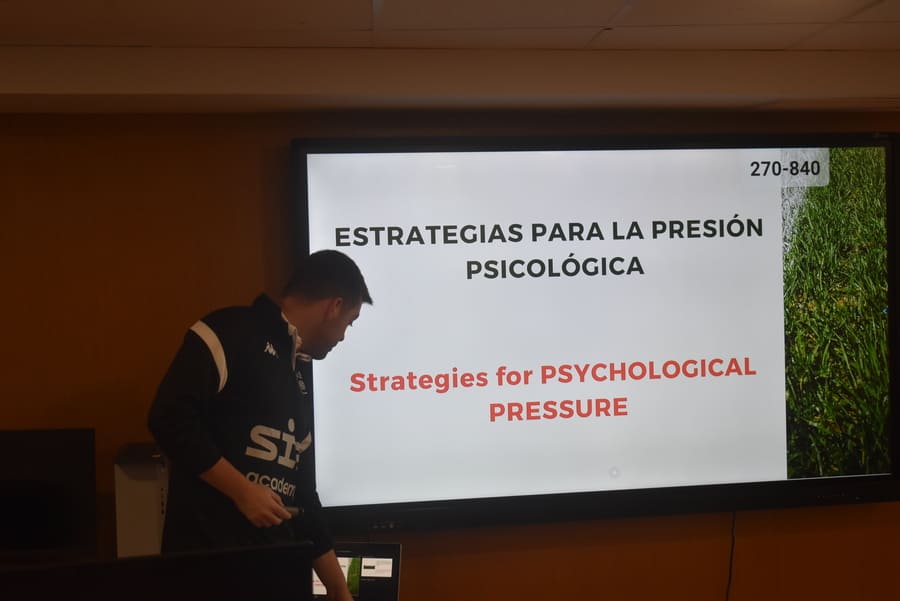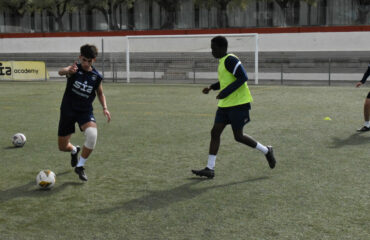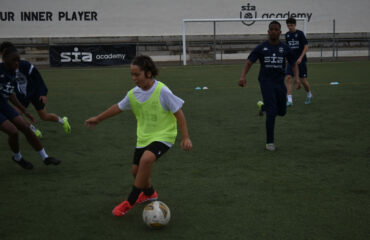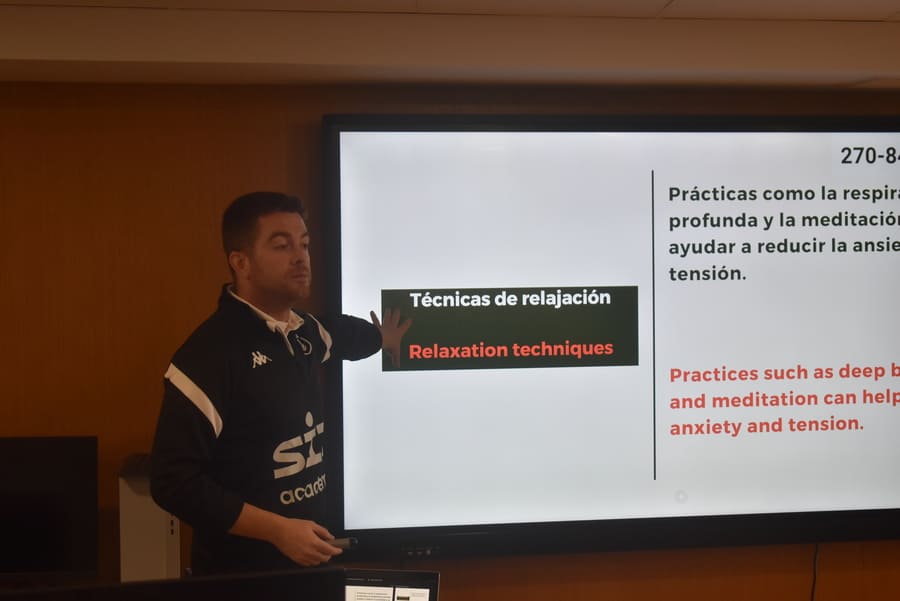
Psychological pressure in football is one of the biggest challenges for players. Regardless of the level—whether in youth leagues or at the professional level—footballers face both internal and external expectations. This article explores how pressure affects players’ performance and what strategies can be used to manage it effectively.
Table of contents
What is Psychological Pressure in Football?
Psychological pressure in football refers to the stress and anxiety players experience due to expectations about their performance, demands from coaches, and judgment from the public and media. This type of pressure can appear in various situations: during training, in major competitions, or even off the pitch.
In a highly competitive sport like football, pressure is almost inevitable, but how players manage it can make the difference between success and failure.
Factors Contributing to Psychological Pressure in Football
Pressure in football can stem from various sources:
- External Expectations: Pressure from coaches, family, teammates, and fans.
- Internal Expectations: Self-imposed standards and personal goals.
- Importance of the Competition: In high-profile games or season finals, pressure usually intensifies.
- Media Exposure: At professional levels, constant media coverage can heighten anxiety.
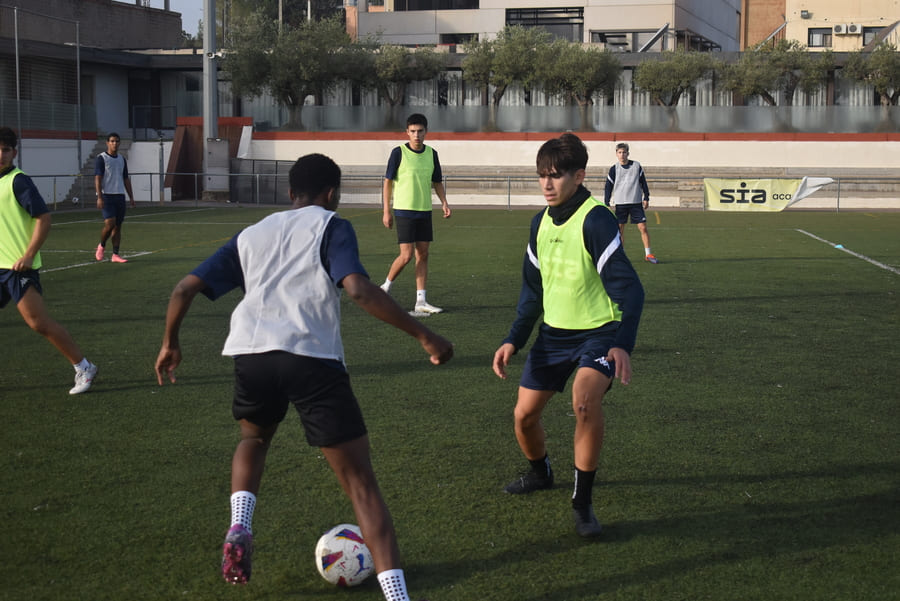
Effects of Pressure on Athletic Performance
Psychological pressure can have both positive and negative effects on a footballer’s performance.
Positive Effects of Pressure
When players can channel pressure effectively, it can act as a motivating force. The adrenaline generated by pressure can lead to heightened focus and concentration, which can enhance performance in crucial moments. Additionally, well-managed pressure fosters mental resilience, a valuable skill for any athlete.
Negative Effects of Pressure
However, when pressure becomes overwhelming, it can have serious negative effects on performance. Some of these effects include:
- Performance Anxiety: A constant worry about making mistakes.
- Mental Block: Difficulty in executing technical and tactical skills that would be simple in normal situations.
- Lack of Confidence: Pressure can lead to a loss of self-esteem and self-confidence, affecting decision-making.
- Mental Fatigue: Sustained pressure over time can drain mental energy, impacting focus and endurance on the field.

Strategies to Manage Pressure in Football
Learning to manage pressure is essential for the success and well-being of a footballer. Here are some practical strategies to help players cope with psychological pressure in football.
1. Setting Realistic Goals
To manage pressure, it’s essential to set achievable and specific goals. Goals can be divided into short- and long-term targets, which help maintain motivation and reduce the anxiety that comes from trying to achieve large goals all at once. Working with a sports psychologist can be helpful in developing a clear and realistic vision of personal and team objectives.
2. Mental Training and Relaxation Techniques
There are many relaxation techniques that help players reduce anxiety and improve focus. Deep breathing, visualization, and mindfulness are powerful tools to control stress levels on the spot. Practicing these techniques in training sessions makes it easier to apply them in high-pressure situations, such as in a match.
3. Controlling Internal Dialogue
Negative self-talk can be one of the greatest enemies of performance. Players should learn to recognize and replace negative thoughts with positive and constructive affirmations. This cognitive restructuring process helps build a positive mindset, which is key to maintaining confidence under pressure.
4. Building Resilience Through Gradual Exposure
Mental resilience is the ability to stay calm and effective under pressure. Gradually exposing players to controlled pressure situations in training can help them develop this skill. Simulating high-tension scenarios in a practice setting allows footballers to learn to respond to pressure without immediate consequences.

The Importance of a Sports Psychologist’s Intervention
A sports psychologist plays a key role in managing psychological pressure in football. This professional is trained to help players understand and manage their emotions, develop coping techniques, and, in general, improve their mental performance.
What Can a Sports Psychologist Offer Football Players?
- Personalized Assessment: A sports psychologist conducts a comprehensive assessment to identify each player’s sources of pressure.
- Training in Mental Skills: From visualization to anxiety management, the psychologist guides players in the use of effective tools.
- Emotional Support: In moments of high pressure, the psychologist provides a safe space for players to express emotions and receive professional feedback.
By: José Luís Gandía
Sports Psychologist at SIA Academy



